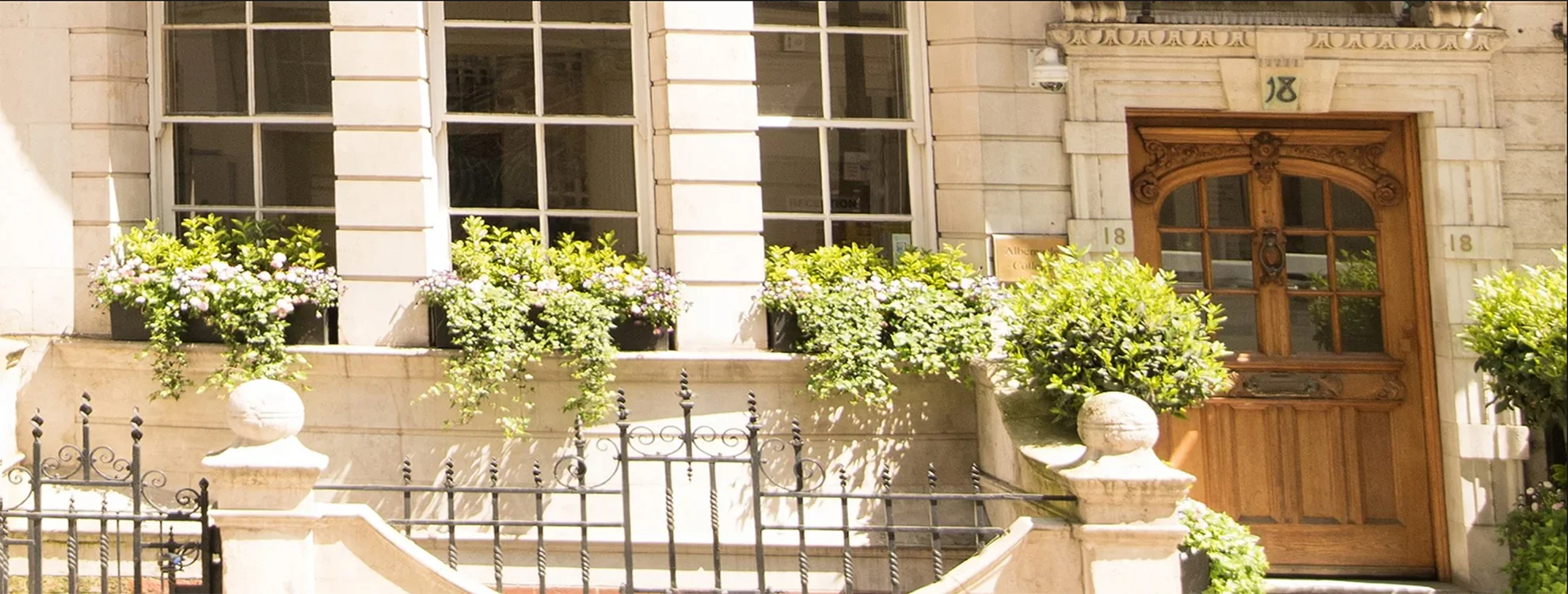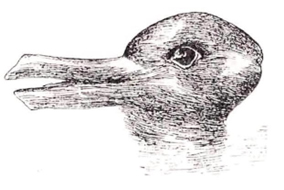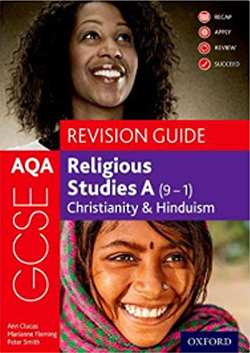








GCSE Course Outline
What is Religious Studies?

Who is this course for?
GCSE Religious Studies is well suited to anyone who has questions to ask and opinions to give. This course will appeal to people who are interested in others and in human beliefs and behaviours. Students studying Religious Studies are given the unique opportunity to see the world from a different perspective. Students will develop their knowledge, skills and understanding of religion by exploring the significance and impact of beliefs, teachings, sources, practices and ways of life.
The course will allow you to express your own beliefs whilst taking into account the beliefs of others. Religious Studies allows students to express their personal responses on fundamental questions and encourages them to explore these topics and build informed, well-articulated arguments for and against these issues.
What will a GCSE in Religious Studies do for me?
Religious Studies will help develop your key skills in communication, working with others, problem solving and improving your own learning. It will also give you skills in making decisions about moral problems, and help you to become sure about your own beliefs and explain them clearly to others. It is not about making you religious, it is about enabling you to think for yourself about religious and moral issues. You do not need a 'faith' to enjoy this course - atheists are just as welcome as curious believers.
A GCSE in Religious Studies is a stepping stone to a wide range of future opportunities. The skills you develop will support you in further studies and employment. Religious Studies will teach the skills and understanding needed to work with people of all faiths and cultures. These skills are vitally important in all careers especially professions such as law, enforcement, teaching and the armed forces, in fact any profession that brings you into contact with other people.
Students studying Religious Studies will develop their ability to construct well-argued, well-informed, balanced and structured written arguments as well as encourage them to reflect on and develop their own values, beliefs and attitudes. It equips students with the essential tools and qualities to enable them to function both effectively and efficiently as responsible, broad-minded citizens in an increasingly pluralistic society and global community.
| RELIGIOUS STUDIES (AQA) GCSE Specification | ||||
|
The course is taught over three lessons a week. Homework is set for every other lesson, and deadlines must be adhered to. |
||||
|
Religious Studies: Assessment 2 components - each component accounts for 50% of the total Full Course marks. | ||||
|
1. Thematic studies
Students will study a total of four themes: This component is intended to encourage students to reflect upon ethical issues including the right to life, contemporary family issues, gender equality, animal life, environmental issues, religious attitudes to the elderly and death, euthanasia, medical ethics, religious attitudes to crime and punishment, capital punishment and attitudes to poverty. In the examination students will be expected to illustrate their answers by reference to examples in relation to the issues raised, and to make appropriate references to two religions studied. |
||||
|
2. The study of religions: beliefs, teachings and practices Students will study the beliefs, teachings and practices of Christianity and Hinduism and will study their basis in sources of wisdom and authority.
Areas of study: |
||||
|
Exam:
|
||||

Core Textbook
AQA GCSE Religious Studies A (9-1): Christianity & Hinduism Guide: Authors: Ann Clucas, Peter Smith, Marianne Fleming Publisher: OUP Oxford; 1st edition (21 Jan. 2021) ISBN-13: 978-1382015004